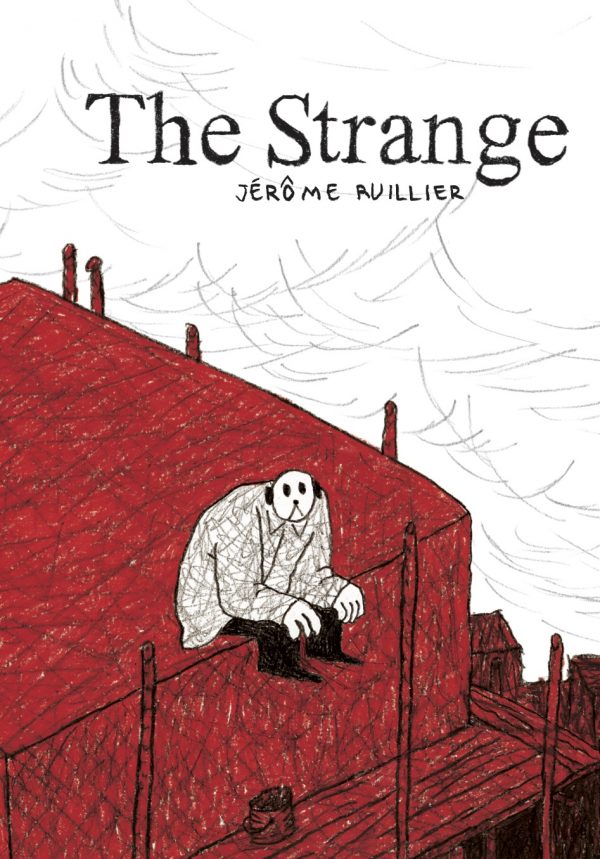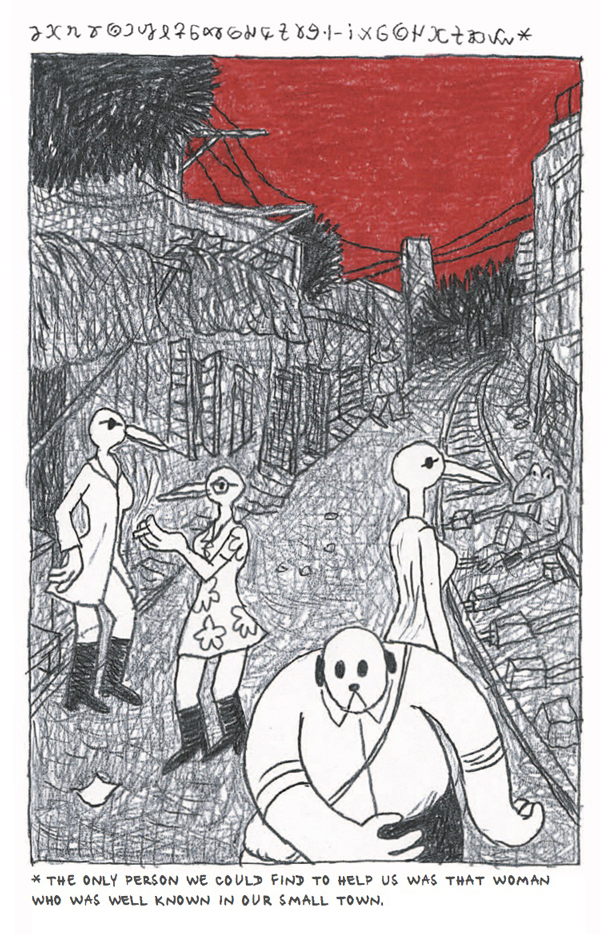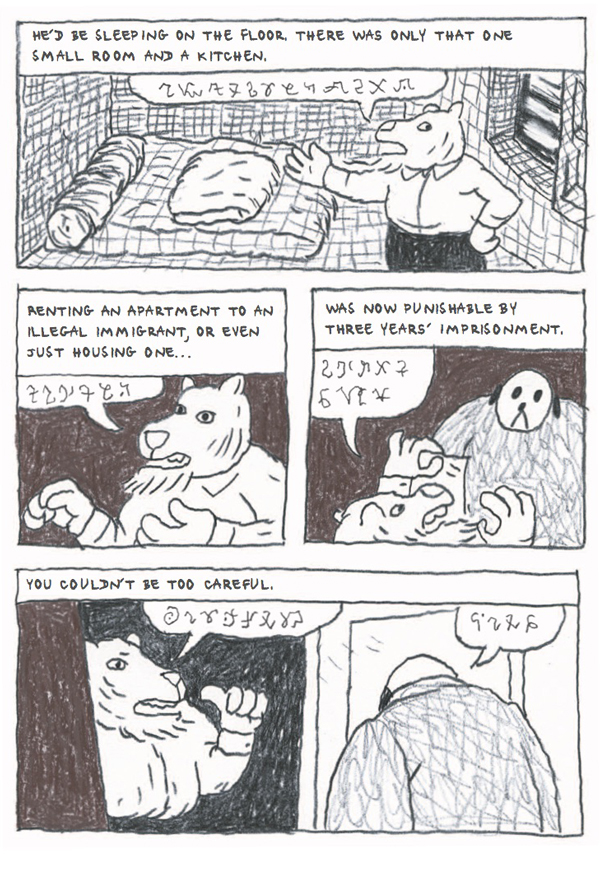I’ve never been able to wrap my head around the anger directed toward undocumented immigrants, and the escalation of that topic hasn’t helped me parse the topic any better. I can understand if you have reasons to be against people entering the country without going through the “proper” channels — not my view, but you have a right to that view — but I can’t understand the rage that accompanies people who view so-called illegal immigration that way.
I’d be a lot more inclined to listen to their arguments if they approached them with compassion, without turning the perpetrators into monsters determined to steal our very way of life. I’ve never understood why it is so hard for some people to have empathy, even for those they oppose — those who, in this case, are often desperate and choosing this immigration path to save their own lives and the lives of family. I don’t see why you can’t exhibit understanding and compassion even if you oppose the way they entered the country.
Jérôme Ruillier presents the very dynamic that leads to this vicious coupling of policy and hate in his frankly morose but beautifully rendered book The Strange. Ruillier follows an immigrant on his journey from his fictional home country to another fictional one, and then as he navigates life as an illegal. But rather than depict it entirely from the immigrants’ point of view, Ruillier presents shifting vantage points telling us the story of the immigrant as they perceive it.
At its most fantastical, there’s a crow that picks up different places in the narrative, offering a metaphor the outsider through kinship felt by the crow. But others who relate the story are more down to earth, more part of the reality we live in — a taxi driver, a bus passenger, a neighbor — and their perception of the immigrant’s life, including his motivations and other intimate thoughts that an observer could have no access to, reveal the system by which so many cast moral judgments on these people.
But Ruillier also incorporates the stance of the State in the man’s story, of the created bureaucracies designed to perpetuate the beliefs of immigration opponents and fashion a system so labyrinthine and chaotic, that navigating it deflates the hopes of the immigrant. In this scenario, it becomes the work of advocacy agencies to prop up the immigrant and help him walk through the system, creating a spark of personal victory that seems inevitably doomed in the long run. The more the immigrant feels they have elevated their status, the longer, more painful is the inevitable plummet.
Ruillier built his narrative through research that included interviews with immigrants about their experience, but the final product is anything but a dry example of comics journalism. Ruillier depicts the alienation visually, partly through an invented foreign language, of which we are only reading the translations, but also through a primitive art style that at times seems so rudimentary that the images feel like desperate attempts to communicate something but by someone lacking in the ability to do so. Like a good Randy Newman lyric, where the simplest people struggle to express complicated emotional concepts, Ruillier’s art can sometimes feel like the work of a person with limits trying to capture emotions and realities that are too far at length from their ability to qualify any of it.
In many ways, the immigrant in the story is a blank slate, but aren’t so many immigrants in our current reality? We are able to attach whatever we want to them for our own purposes, but the nuts and bolts of their experience supersede whatever we decide to force on their motivations. That’s what Ruillier depicts so skillfully. The people telling the immigrant’s story are full of the whys that serve their own narratives, but the whats remain concrete throughout. Now if we could only learn to see ourselves in these blank slates, the potential for any one of us to become those people if circumstances lined up, then compassion might take charge in these arguments.










I see what you mean about the figure of the illegal immigrant in the book and the naive way in which something is expressed about him. Not bad.
Comments are closed.